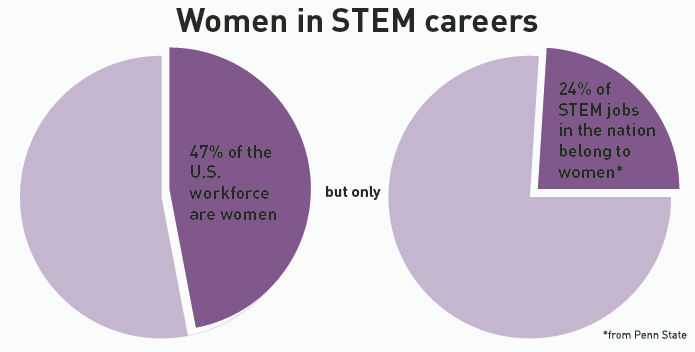Abortion decision ignites debate
October 1, 1999
A recent ruling on Iowa’s so-called “partial-birth” abortion law has sparked controversy among area leaders.
The 8th U.S. District Court of Appeals in St. Louis, Mo., recently last Friday that Iowa’s partial-birth abortion ban is unconstitutional.
Former Gov. Terry Branstad in 1998 signed into law a bill banning “partial-birth” abortions. The bill was opposed from its beginning by Planned Parenthood and other facilities that offer or support abortions.
Planned Parenthood argued that the law was so broadly and vaguely written that it covered all abortions, no matter what stage of pregnancy, said Mark Lambert, staff attorney at Planned Parenthood of Greater Iowa.
“The court agreed with Planned Parenthood’s argument that the law as written would ban abortions through pregnancy — first, second and third trimesters,” he said. “They can talk ’til they are blue in the face about one procedure, but that’s not what they are writing in the laws.”
U.S. District Court Judge Robert Pratt ruled that the abortion ban outlawed the most common methods of abortion used at any stage of pregnancy, and that it was so vague physicians could not determine which procedures were outlawed, according to a press release.
State Sen. Johnie Hammond said supporters of the bill rejected attempts to clarify the definition of a partial-birth abortion because they hoped to outlaw all abortions.
“When this bill was debated in the Legislature, there were amendments offered that would clarify what we were talking about,” Hammond said.
She said the bill’s supporters hope to appeal the issue to the Supreme Court to overturn its Roe v. Wade decision, which ruled that abortions performed before the fetus is viable, or able to survive outside the body, are allowed.
John Donaghy, campus minister at St. Thomas Aquinas Catholic Church, 2210 Lincoln Way, said he hopes an appeals court will uphold the ban on partial-birth abortions.
“The procedure is on the border between abortion and infanticide,” he said. “It’s sad that we are not a society that provides real alternatives to abortion, so women will not feel pressured for an abortion.
“One of the failures of our society is that we have not provided a safe place for pregnant women and unborn children; we don’t provide them the moral and financial support they need,” he said.
Judy Dolphin, executive director of the Ames/ISU YWCA, said she hoped the appeals court’s ruling would end legislative acts prohibiting abortions.
“I think limits on woman’s health are a breech of the right to privacy,” she said. “I don’t want to see legislative or laws passed that prevent or limit a woman’s informed decision making with a physician regarding her own health.”
The problem with so-called “partial birth” abortions is that there really is no such thing, Lambert said.
“[‘Partial birth’ abortion] is a political term, not a medical term,” he said. “Physicians who perform [abortions] do not know that term.”
Dolphin said she’s heard many different definitions.
“My understanding is that the term partial birth is an erroneous one,” she said. “It’s rare that ones that are performed could be called partial birth.”
It is currently legal in Iowa for abortions to be performed in the first and second trimesters of pregnancy.
But abortions in the third trimester are illegal, except when the life and health of the pregnant woman are at risk. All abortions in Iowa function on a time limit imposed by the Roe v. Wade ruling.
“What our opponents are claiming is that these late-term abortions are occurring, and the fetus is all but completely removed from the woman’s body, and the termination happens at that point,” Lambert said. “The reality is that type of procedure is not happening in Iowa unless it’s occurring under exceptions.”
Lambert said Planned Parenthood opposes any change in the current Iowa abortion law.
“We oppose any change that would limit the woman’s option to choose a procedure which is safest in her situation,” he said. “I hope the Legislature doesn’t try to rewrite [the law]; I don’t think they could rewrite it so it is constitutional.”
Lambert believes rewriting the law would be waste of taxpayers money that could be better spent elsewhere.
“The money should be used on preventing unwanted pregnancy by providing birth control and family planning practices instead of wasting [taxpayer’s] money,” he said.
“We’ll see what happens next,” Hammond said, “and see if it’s appealed to the Supreme Court.”
















